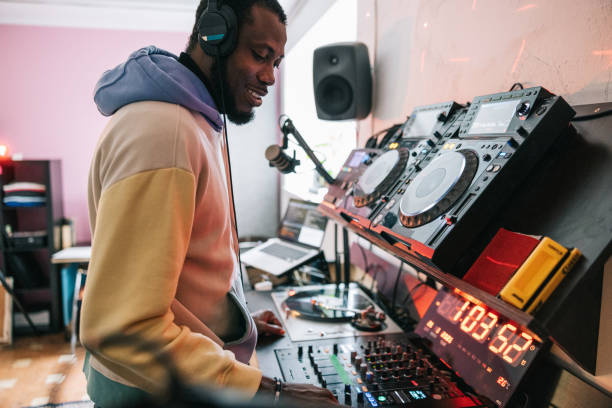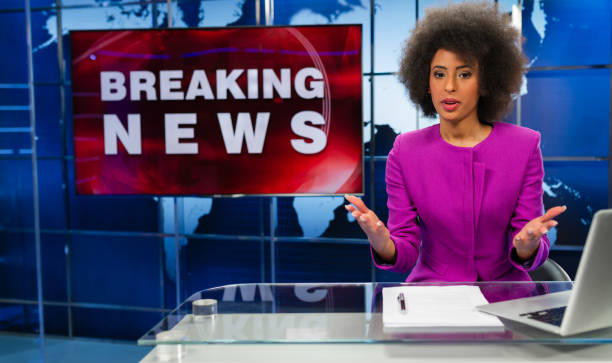Since the social unrest movement for Black Lives, many agencies have created multicultural exchanges to allow companies to interact with specific audiences via black media companies.
Multicultural marketplaces are settings that bring together, in the same space, consumers, agencies, and brands from a plethora of cultures and host their exchanges. Many independent Black-owned media companies refuted this marriage because they viewed it as a crisis peace offering.
Become an insider. Subscribe to our newsletter for more top trending stories like this!

Hence, this article answers, with valid reasons, the question of why independent black media companies abhor multicultural marketplaces.
Background and Landscape of Black Media
The importance of Black-owned media companies to the advertising industry is indisputable. Multicultural marketplaces have been around for over 20 years and have seen tremendous growth over time, but there are still many challenges facing this model.
The landscape consists of several media companies, but not enough to fill the demand. Most agencies have no idea how many black media companies exist or how they operate. Despite increased representation in mainstream media outlets such as BET and Essence magazine, there is a slight change in advertising agencies’ willingness to work with such companies.
The lack of diversity in advertising agencies also contributes to this problem. Only about 15% of ad producers are African-American, according to a survey conducted by The Black Press Council; however, more than 50% of consumers say they want ads from businesses that reflect their values and interests (accordingly).
Become an insider. Subscribe to our newsletter for more top trending stories like this!
Reasons Why Black Media Companies Are Not Participating in Multicultural Marketplaces
The following reasons are why Black-owned media companies refrain from participating in multicultural marketplaces.

- Historically, the advertising industry is dominated by the white male demographic. In such situations, agencies become the intermediaries that make a quick killing on the money that brands set aside to support black-owned businesses.
- Most of these independent companies believe joining these multicultural marketplaces would lose direct contact with potential new clients and autonomy over who advertises on their sites and what they can charge, hence the skepticism and hesitation.
- Black-owned Media companies agree that joining multicultural marketplaces will not allow a black media campaign to gain scale at depth as it would on its own.
- Several Black-owned companies insist that multicultural marketplaces are niched settings if a company is looking for a critical mass of people.
- Since most multicultural marketplaces came to the limelight during the social unrest movement, most of these companies believe that focusing on crisis periods or black-only occasions like Black History Month, e.t.c. isn’t encompassing.

- Furthermore, most of the topics covered by these organizations end up predominantly marginalized by mainstream media. Hence, the idea of agencies taking a portion of this additional ad revenue vital to their operations makes it dire.
- Black audiences do not typically have a high Cost Per Impression (CPI).
- Most of these independent companies hope to create versions of their multicultural marketplaces and achieve the scale within the community they hope to reach.
Independent black-owned media companies are nitpicky about the sort of agencies they interact with, lest there’s no alignment to their brand’s goals.
Most importantly, these companies want representation for the black community and wouldn’t engage with organizations that are not representing the interests of black communities.
Become an insider. Subscribe to our newsletter for more top trending stories like this!





